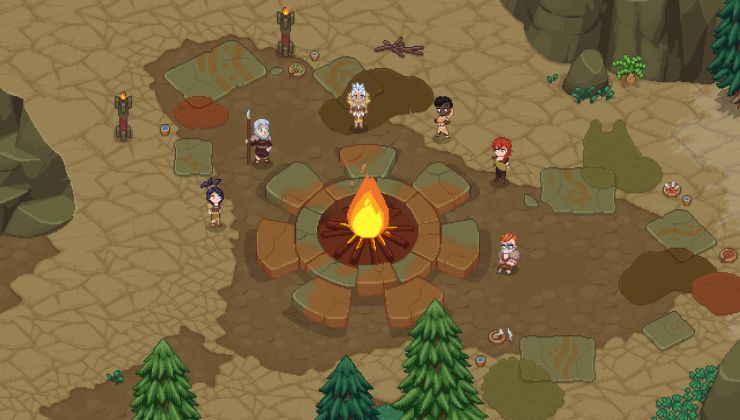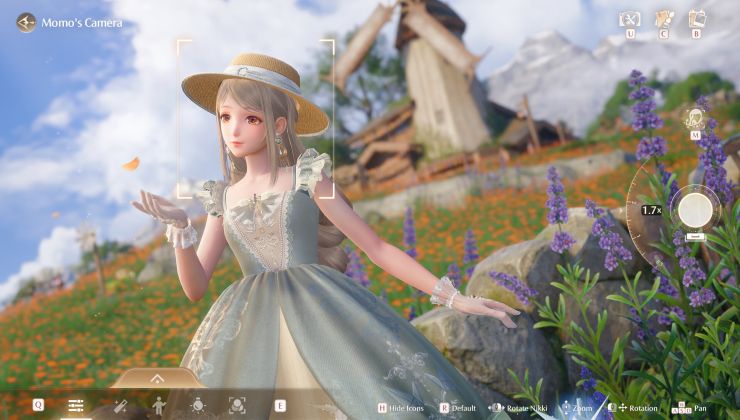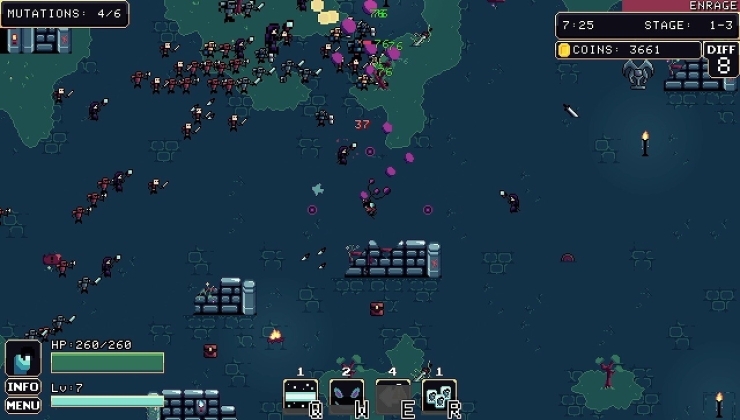Game store GOG has a new blog post up detailing how they're doing, and it seems like things are starting to go a bit better for them. Back in 2021, I reported on how in the CD PROJEKT financials, it showed that GOG was losing money, so it seems they may be starting to turn things around a little bit.
In their new post, they showed that for 2022 they have seen an 11% increase in active users across all of GOG services with an 18% increase in their overall user base. However, GOG Galaxy only "remained consistent", so it seems they aren't seeing much growth for their launcher. They're also reporting a net profit of $1.2M USD, noting they're losing around 4% due to suspending operations in Russia and Belarus.
Nothing close to how they were doing in 2020 though, which they attribute the spike that year to Cyberpunk 2077 and COVID-19 increasing sales due to people being at home more.
As for their market split they're seeing 53% from Europe, 37% from North America, 4% Asia, 4% Australia and New Zealand and 2% elsewhere.
The amount of games releasing on GOG has been increasing every year too, although it's nothing close to what Steam has, since GOG do a little more curation on what they accept (which is at times a little weird on what they deny). From 296 releases in 2018 up to 684 in 2022.
I've never had a stupid game that made me do any kind of challenge/response with booklet text, though I've heard of it.
I think Monkey Island did that.
Monkey Island 1 and 2 had fancy cardboard dials or wheels. Or at least the Amiga versions did. A bunch of early Sierra adventures had stuff you needed to find in the manual. And of course plenty of C64 games had something like a colour code grid on the cassette inlay card. Things like these were pretty common throughout the eighties and early nineties.
Indiana Jones and the Fate of Atlantis had that too...
Indiana Jones and the Fate of Atlantis had that too...And Day of the Tentacle. Edit: The battery plans.
Last edited by Klaas on 10 May 2023 at 6:25 pm UTC
I had one game, cannot remember which one, that had some... brown-and-black maybe? booklet that was supposed to not by copyable with the photocopy devices of the same age. I always wondered if that was really true.I remember some of the old D&D dungeons you could buy ("modules") had their maps in this pale blue that was supposed to not photocopy . . . related to "blueprints" maybe?






 How to set, change and reset your SteamOS / Steam Deck desktop sudo password
How to set, change and reset your SteamOS / Steam Deck desktop sudo password How to set up Decky Loader on Steam Deck / SteamOS for easy plugins
How to set up Decky Loader on Steam Deck / SteamOS for easy plugins
See more from me